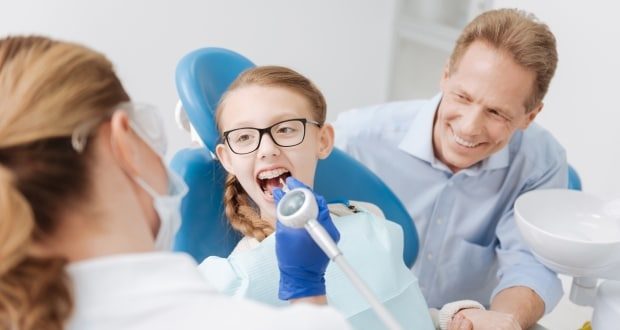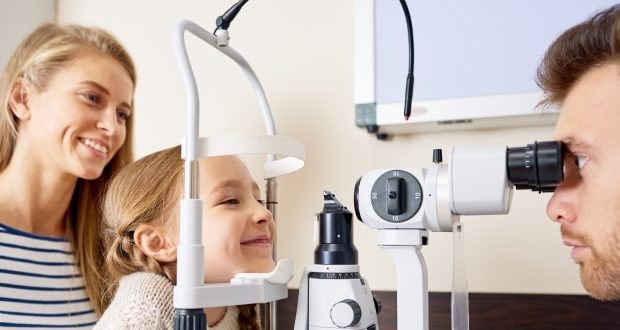In most cases, one of the parents visits the dental clinic with the child. Parents of young children worry about such visits. On the contrary, kids are potentially ideal patients.
More often, they gain a perfect patient-doctor relationship that will positively affect their dental future. But it’s important for pediatric dentists to know pediatric psychology principles. And in this reference, the role of the parents is undeniable.
Effects of Parental Presence During Dental Visits
Any dentist working with children needs to recognize the benefits of parental involvement. To prove this fact, there were various researches on young children aged 3-5 years.
When visiting different healthcare practitioners, especially dentists, the study found a negative effect of parental separation. In another study, there was no significant difference in parents’ presence or absence. However, the children were above five years of age.
The British study on slightly older children (more than 5-years) showed parents’ presence or absence in children didn’t impact their behavior. According to the American Academy of Pediatric Dentistry, parental presence or absence is a behavior guidance technique.
In many cases, the uncooperative kids displayed positive behavior initially. The research further addresses parental anxiety can affect the child. And this makes them more anxious and less accepting of the treatment.
Studies on Preschool Kids
Arbitrary exclusion of parents from the dental operatory is perceived as unproductive and unwarranted. This is particularly for uncooperative preschool children and those with a history of unpleasant previous experience.
In recent times, these trends seem to emerge in pediatric dentists’ increasing willingness to permit parent presence for examination and treatment.
However, there’re some restrictions on the study because the group was relatively small. For example, the reviews did not note the frequency of visits. It also took into account the behavior changes based on the Frankl rating scale — and none others.
This study was on 60 children up to 12 years visiting the outpatient department of pediatric dentistry. Parents, along with the child, were in the operatory.
In this case, the parents were asked to leave after some time. The experts noted the behavioral changes. When the parents revisited the children, their behavior was noted again using the Frankl scale.
On the return, there was a McNemar test for children’s behavior response with parental absence/presence.
Here’re the results as per the pediatric dentist’s rating. The children’s behavior was worse when the parent was absent, with a significant difference only for the second restorative treatment session.
What You Should do?
The dentist’s recommendation is to see how the child does without the parent in the room for the first treatment. Yes, it’s possible the child is not nervous.
Usually, the parent has some anxiety level about the procedure. For children, it’s something they can easily pick up. Some dentists observed that without the parent in the room, they would get the child’s full attention to direct them through the procedure.
Keep in mind that the dentists and their assistants are professionals in managing children during these situations. They focus on distracting the child with specific conversations, or it could even be with the TV above their heads.
They also take extra efforts to help them breathe well with the nitrous oxide/laughing gas and moving quickly to complete the procedure as painlessly and efficiently as possible.
In many cases, the dentist lets the patients sit on the parents’ lap through the treatment if they are very young. During this period, they discuss healthy habits of brushing, flossing, etc.
But as the children get older, the dentist encourages independence if the child and parent are comfortable coming back for their cleanings by themselves.
In general, the kids above the age of 4 years take great pride in their bravery when they get through the whole visit independently.
Conclusion
When visiting the dentist, the parent should be a partner in the child’s behavior guidance. And this should be on suggestions by the dentist. The dentist should also recognize how the parent influences the child’s behavior.
They can try to personalize the guidance based on the child’s behavior. In general, it’s the parents’ attitude to have lower expectations for their children and higher expectations from the dentist! But given a chance, kids prove they can behave well without parents at the dentist!
Now, you know the effects of parental presence during dental visits, here’s what not to do at the pediatric dentist’s office.






